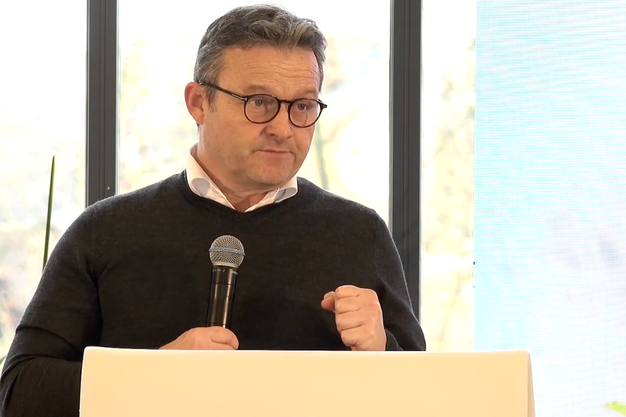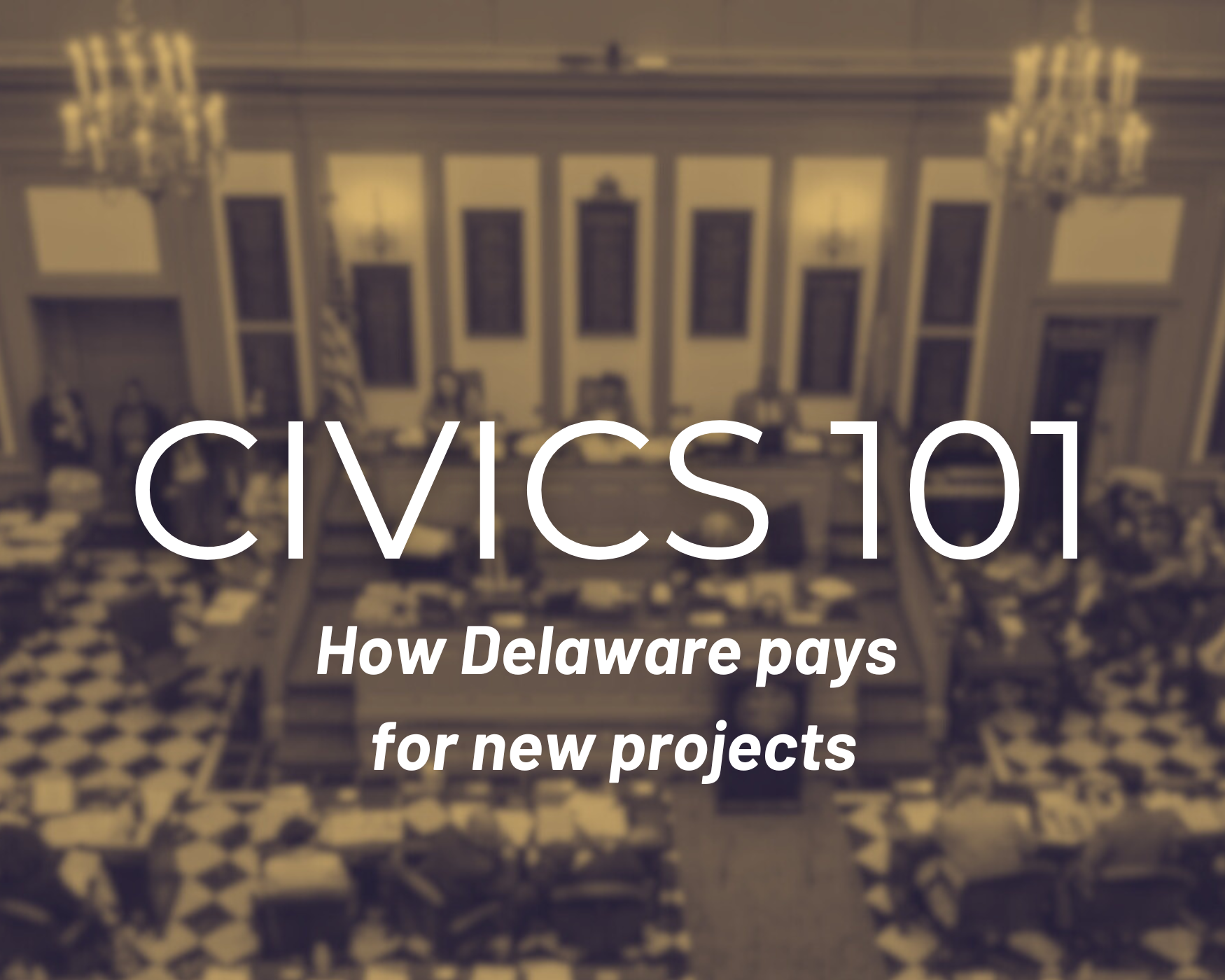Blogging for Professional Development: A Case Study of Pre-Service Teachers in an Integrative Blended-Learning course – Frontiers

Report on the Role of Digital Tools in Advancing Sustainable Development Goals for Teacher Education
Introduction: Aligning Teacher Training with Global Objectives
In response to the increasing demand for innovative pedagogical methods, this report examines the integration of digital tools in teacher education, with a specific focus on its alignment with the United Nations Sustainable Development Goals (SDGs). The study analyzes how a blended-learning course utilizing personal blogs supports the professional development of pre-service special education teachers. This approach directly addresses SDG 4 (Quality Education) by enhancing teacher training and SDG 10 (Reduced Inequalities) by preparing educators to support students with learning disabilities, thereby fostering inclusive and equitable learning environments.
Methodology: A Framework for Quality and Inclusive Education
The research was conducted within an integrative blended-learning course titled “Students with Learning Disabilities,” designed to equip future educators with the necessary skills for inclusive classrooms.
Participant Cohort and Data Source
- Participants: 61 pre-service teachers specializing in special education.
- Data Source: A total of 268 personal blog entries submitted as a course requirement.
Analytical Approach
A thematic analysis was performed on the blog entries to identify key patterns related to professional development. This method allowed for an in-depth understanding of how digital reflective practices contribute to achieving the targets of SDG 4, particularly Target 4.c, which aims to increase the supply of qualified teachers.
Analysis of Findings: Contributions to Sustainable Development
The analysis revealed six primary themes demonstrating the blog’s efficacy as a tool for professional growth, directly supporting the objectives of quality education and reduced inequality.
Theme 1: Cognitive and Reflective Development for Quality Teaching (SDG 4)
The blogs served as a critical platform for cognitive processing and reflection, essential for developing high-quality educators. Key functions included:
- Reconstructing and Documenting Course Content: Pre-service teachers used blogs to process and solidify their understanding of pedagogical theories.
- Addressing Unique Teaching Practices: The platform enabled reflection on specific strategies for students with disabilities, contributing to more effective and inclusive teaching methods.
- Reflecting on the Integrative Course: Participants critically evaluated the blended-learning model, bridging theory and practice.
- Deepening the Understanding of the Teacher’s Role: Blogging fostered a more profound comprehension of the responsibilities and impact of an educator in an inclusive setting.
Theme 2: Fostering Emotional Intelligence for Inclusive Classrooms (SDG 10)
The study identified the significant role of blogging in emotional expression, a key competency for educators working to reduce inequalities.
- Freely Expressing Significant Emotions: The personal blog format provided a safe space for pre-service teachers to articulate anxieties, triumphs, and emotional insights related to their training, building resilience and empathy required for inclusive education.
Theme 3: Navigating Challenges in Digital Education (SDG 4)
The research also highlighted challenges inherent in digital learning environments, offering valuable insights for improving the delivery of quality teacher education.
- Challenges of Blended Learning: Participants documented difficulties, providing critical feedback for refining digital and blended pedagogical strategies to ensure they are effective and accessible for all learners.
Conclusion and Recommendations for Achieving the SDGs
This research underscores the significant potential of personal blogs within blended-learning courses to advance the professional development of pre-service teachers. The findings confirm that such digital reflective practices are powerful instruments for bridging theory and practice, thereby making a direct contribution to the achievement of SDG 4 (Quality Education) and SDG 10 (Reduced Inequalities).
Implications for Educational Policy and Practice
To further align teacher education with the Sustainable Development Goals, the following actions are recommended for teacher educators and curriculum designers:
- Integrate digital reflective tools, such as blogs, into teacher training curricula to enhance critical thinking, emotional processing, and professional growth.
- Expand the use of blended-learning models that combine the benefits of face-to-face interaction with the flexibility and reflective capacity of online platforms.
- Design curricula that explicitly prepare educators to create inclusive learning environments, ensuring that all students, including those with disabilities, have access to quality education.
Identified Sustainable Development Goals (SDGs)
SDG 4: Quality Education
- The article directly addresses the field of education, focusing on innovative methods for teacher training. It explores how digital tools and blended learning can “enrich the preparation of pre-service teachers in special education,” which is a core component of ensuring quality education for all. The study’s aim to offer “valuable insights for teacher educators and curriculum designers seeking to enhance pre-service teacher preparation” aligns perfectly with the overarching goal of SDG 4.
Specific SDG Targets
Target 4.3: Ensure equal access for all women and men to affordable and quality technical, vocational and tertiary education, including university.
- The study is set within a higher education context, specifically the “Levinsky-Wingate Academic Center.” It examines an “integrative blended-learning course” designed for “61 pre-service special-education teachers,” which falls under the category of tertiary and vocational training for a professional career. The research focuses on improving the quality of this education through innovative pedagogical methods.
Target 4.a: Build and upgrade education facilities that are child, disability and gender sensitive and provide safe, non-violent, inclusive and effective learning environments for all.
- The article’s focus is on training teachers for “Special Education” to work with “Students with Learning Disabilities.” By improving the professional development of these teachers, the study contributes to the creation of more “inclusive and effective learning environments” for students with disabilities, which is a key aspect of this target. The training helps teachers understand and address “unique teaching practices” required for these students.
Target 4.c: By 2030, substantially increase the supply of qualified teachers, especially in developing countries, through international cooperation for teacher training.
- The core of the article is about enhancing the quality of teacher training. It investigates how specific methods, like using personal blogs in a blended course, can support the “professional development” and “professional growth of pre-service teachers.” By identifying effective strategies that lead to better-prepared educators, the research directly contributes to increasing the supply of *qualified* teachers, which is the central aim of this target.
Implied Indicators for Measuring Progress
Indicator related to Target 4.3: Proportion of teacher education programs incorporating innovative digital and blended learning methodologies.
- The article provides a case study of one such program—an “integrative blended-learning course” that uses “digital tools such as blogs.” The study of 61 pre-service teachers and the analysis of 268 blog entries serve as a micro-level measurement of the implementation and effectiveness of such innovative courses in tertiary education.
Indicator related to Target 4.a: Number of teachers trained in methodologies for special and inclusive education.
- The article explicitly states its sample size is “61 pre-service special-education teachers.” This number represents a direct, quantifiable measure of individuals being trained to create and manage inclusive learning environments for students with disabilities. The study’s focus on a course titled “Students with Learning Disabilities” further specifies the nature of this training.
Indicator related to Target 4.c: Adoption of reflective digital practices in teacher training curricula to enhance teacher qualification.
- The article implies this indicator by demonstrating the value of personal blogging as a “reflective instrument.” The thematic analysis, which identified benefits in “cognitive, emotional, and reflective dimensions,” suggests that the quality of teacher preparation can be measured by the integration and success of such tools. The finding that blogs help in “deepening the understanding of the teacher’s role” points to a higher level of qualification that can be tracked.
Summary Table of SDGs, Targets, and Indicators
| SDGs | Targets | Indicators |
|---|---|---|
| SDG 4: Quality Education | Target 4.3: Ensure equal access for all women and men to affordable and quality technical, vocational and tertiary education, including university. | Proportion of teacher education programs incorporating innovative digital and blended learning methodologies, as exemplified by the “integrative blended-learning course” in the article. |
| SDG 4: Quality Education | Target 4.a: Build and upgrade education facilities that are child, disability and gender sensitive and provide safe, non-violent, inclusive and effective learning environments for all. | Number of teachers trained in methodologies for special and inclusive education, directly mentioned as the study’s cohort of “61 pre-service special-education teachers.” |
| SDG 4: Quality Education | Target 4.c: By 2030, substantially increase the supply of qualified teachers… through… teacher training. | Adoption of reflective digital practices (e.g., personal blogs) in teacher training curricula to enhance teacher qualification, as evidenced by the study’s findings on the “blog’s significance as a reflective instrument.” |
Source: frontiersin.org
What is Your Reaction?
 Like
0
Like
0
 Dislike
0
Dislike
0
 Love
0
Love
0
 Funny
0
Funny
0
 Angry
0
Angry
0
 Sad
0
Sad
0
 Wow
0
Wow
0














































































